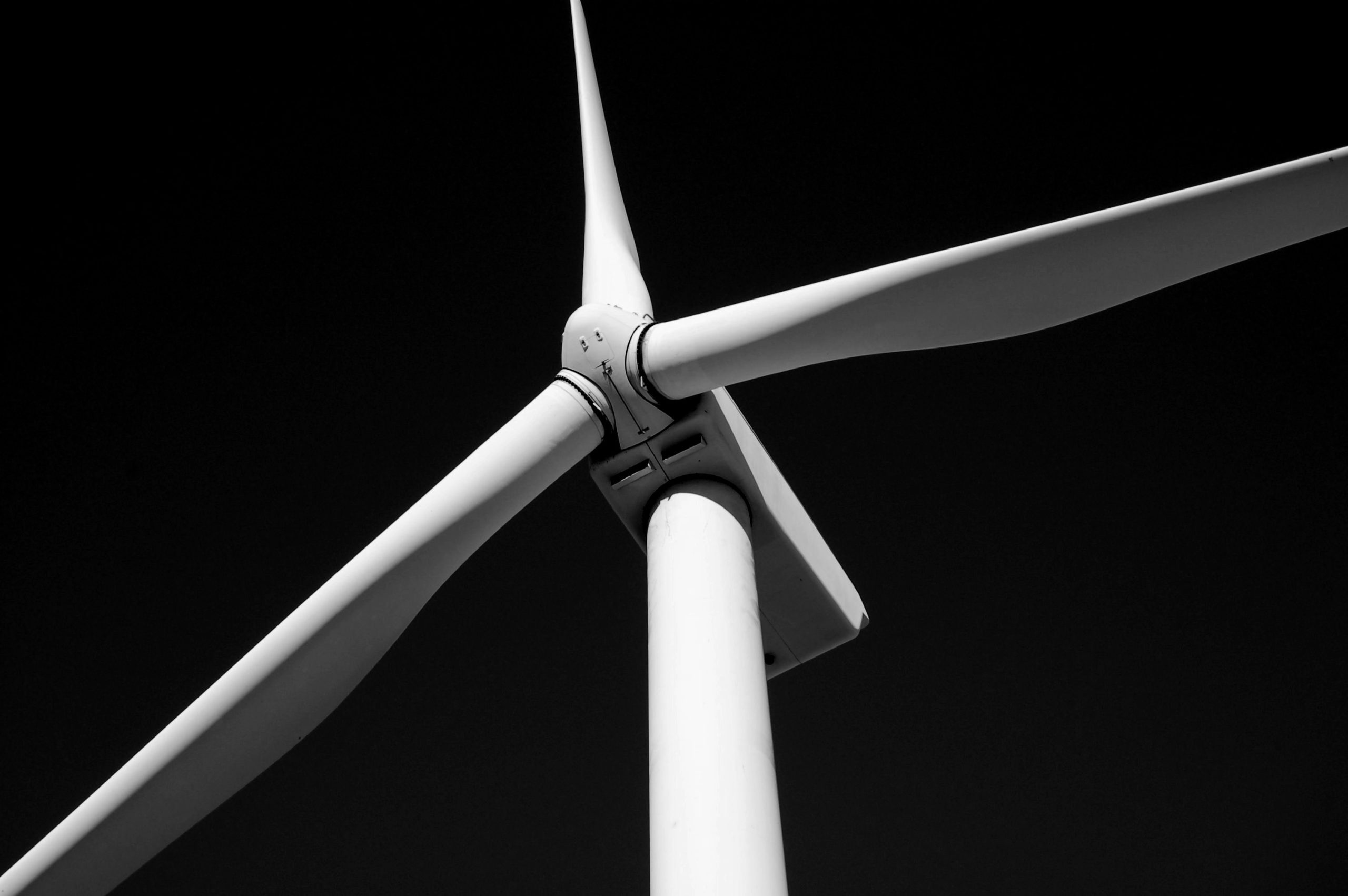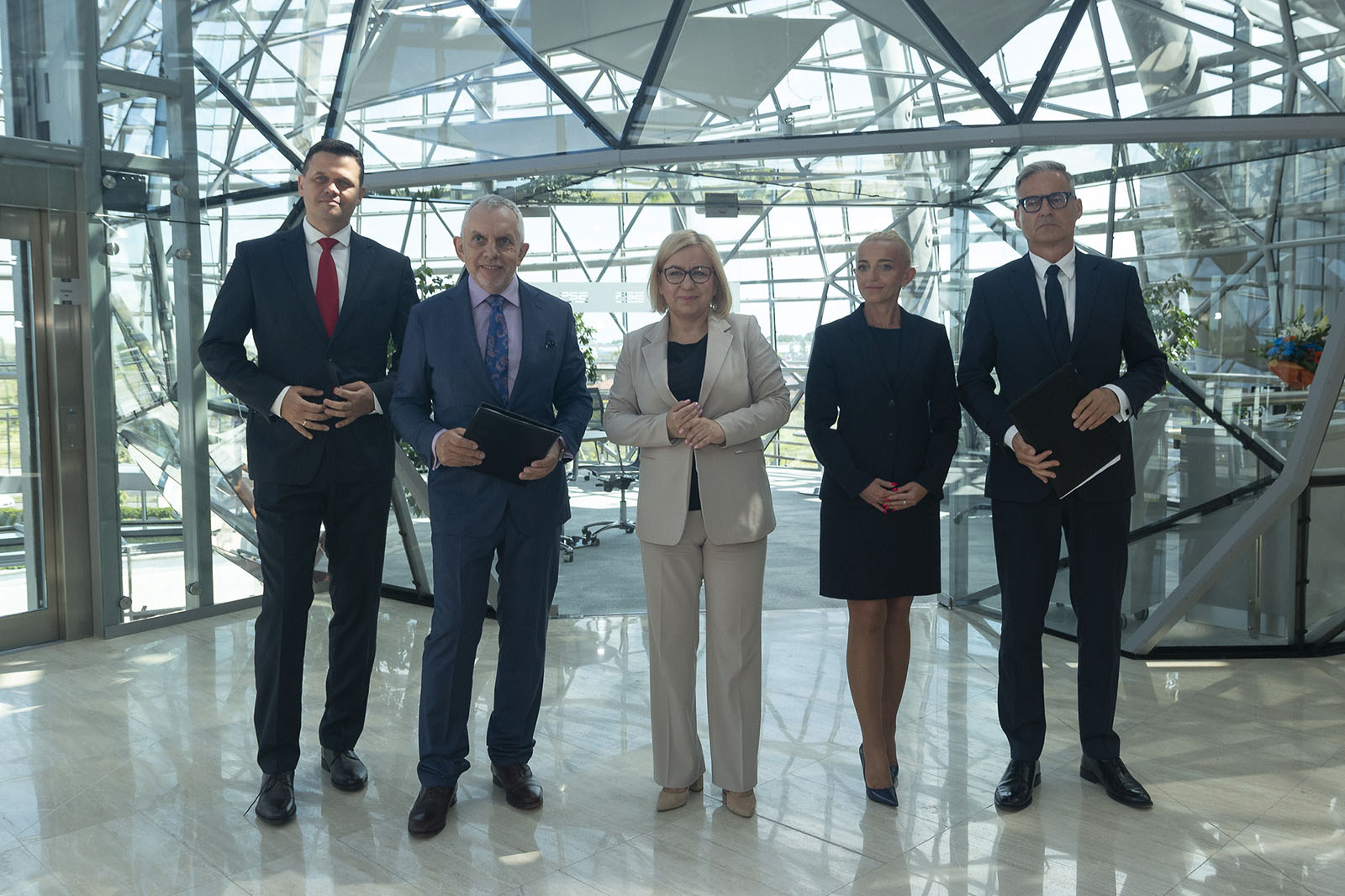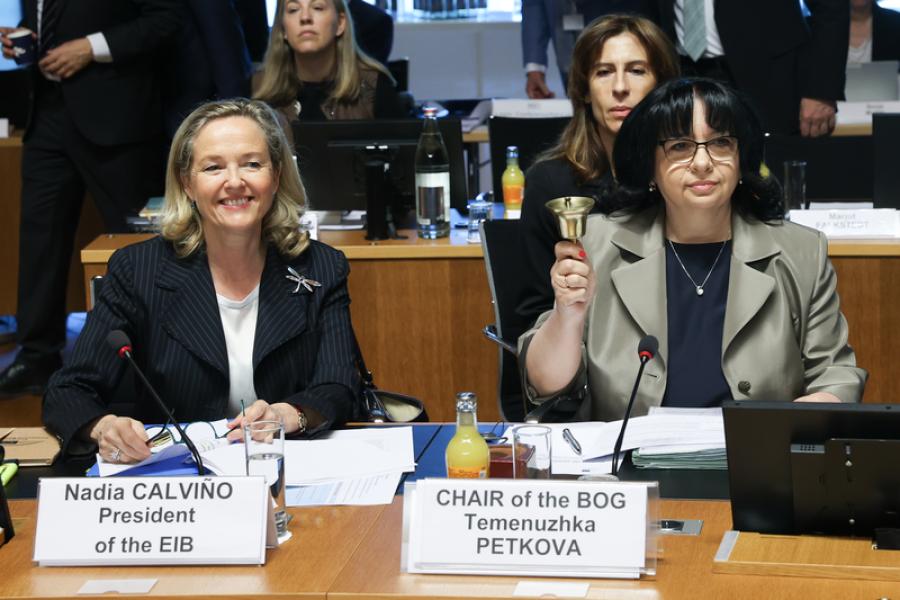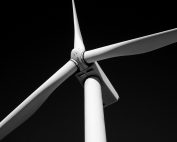The European Commission (EC) has adopted a package of legislative proposals setting out legislative tools to achieve Europe’s climate goals which will promote greener solutions, sustainability and energy independence. The main changes include improving the legislation to promote wider use of renewable energy, an elaborated and stricter system of emission quota allocations, and the electrification of the entire energy system. The Latvian Wind Energy Association believes that the EC’s plans require an active national position to implement the legislative changes.
The EU’s package of proposals “Fit for 55” will adjust climate, energy, land use, transport and taxation policies to fit for reducing net greenhouse gas emissions.
As energy production and use account for 75% of EU emissions, the Renewable Energy Directive sets a higher target for energy from renewable sources, raising it from 32% to 40%. Such an increase would require the EU to install at least 30 GW of wind power each year in order to upscale it from 180 GW today to 451 GW by 2030.
The revision of the EU’s Renewable Energy Directive crucially improves the legal framework for corporate Power Purchase Agreements (PPAs). Member States would have to issue Guarantees of Origin (GOs) for all renewable electricity, regardless of whether the producer was awarded support in government auctions. This will improve the traceability of renewable electricity. To further incentivise electrification, the package includes indicative annual renewables targets for industry; the share of renewables in the industry should increase by 1.1% annually.
The revised Energy Tax Directive sets out new rules for the taxation of electricity and energy products used in transport and heating. It removes subsidies for fossil fuels and has helpful provisions to reduce the risk of double taxation for electricity storage. The Directive also proposes that national tax systems should rank fuels according to their energy content and environmental performance, so that the most polluting fuels are taxed the most. The new Energy Tax Directive will need unanimous support from national Governments
“The EC’s proposals are very valuable and give clear guidance for the Member States on how to implement the Green Deal and move towards greener economy step by step. Latvia too will have to develop and adapt the regulatory framework for achieving the targets included in the European Climate Law. That means a more favourable environment for deploying renewables needs to be created. We are in a good position to implement these proposals, as wind energy is a perfect resource to take advantage of in order to achieve this target. It is currently the cheapest and most environmentally friendly means of generating electricity, and Latvia has a lot of untapped potential in the wind sector. Latvia is on its way to climate neutrality, hence the electricity generated from wind and solar, and the electrification of final consumption are the most important elements in this path,” says Andris Vanags, the head of the Latvian Wind Energy Association.
Wind energy would ensure that Latvia generates its electricity cheaper and in a more environmentally friendly way. In order to increase the wind energy capacity, modern large-scale wind farms must be developed. One of the alternatives is to install them offshore, but it must be borne in mind that the offshore wind energy is still about twice more expensive, which will consequently lead to higher enlectricity bills for the final consumers. Another alternative is to build wind farms in forests. In such case, too, the environmental impact assessment is first carried out to seek the most suitable areas and locations.
“It is important to continue the dialogue with people, but it is equally important to compromise on solutions, if Latvia is to reach its renewable energy targets. We have always been and will continue to be an active communicator and the link between the industry and the citizens, because energy issues have never been easy. We have accumulated the knowledge and experience to be able to find various solutions and alternatives to specific situations and needs. And we do think that the proposals adopted by the European Commission show support for the rapid transition to renewables and will also stimulate the necessary changes in national legislations” says A. Vanags.
Source: Latvian Wind Energy Association














